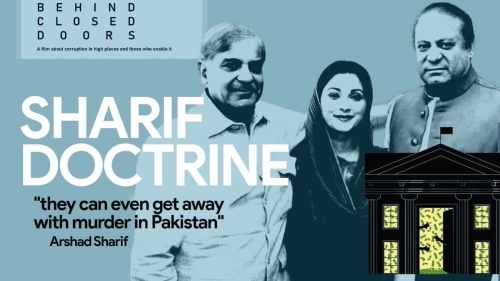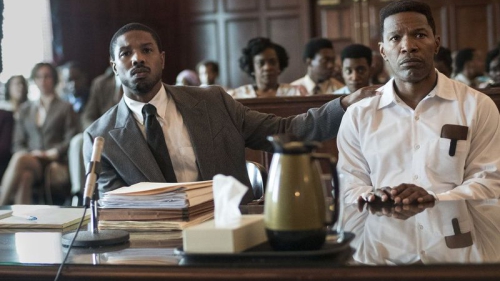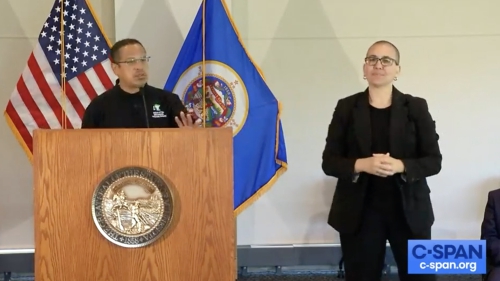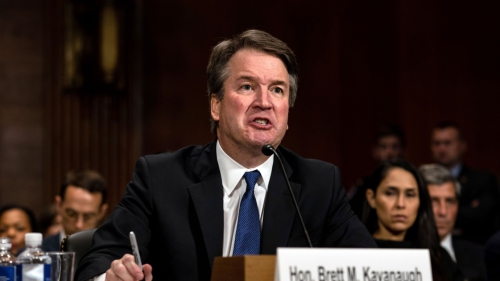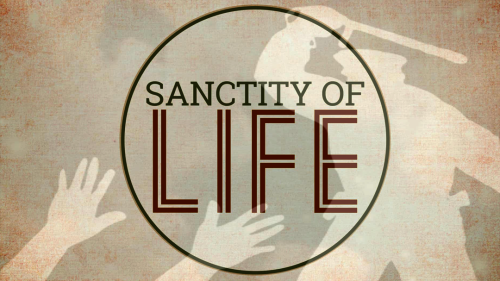The Code of Shame
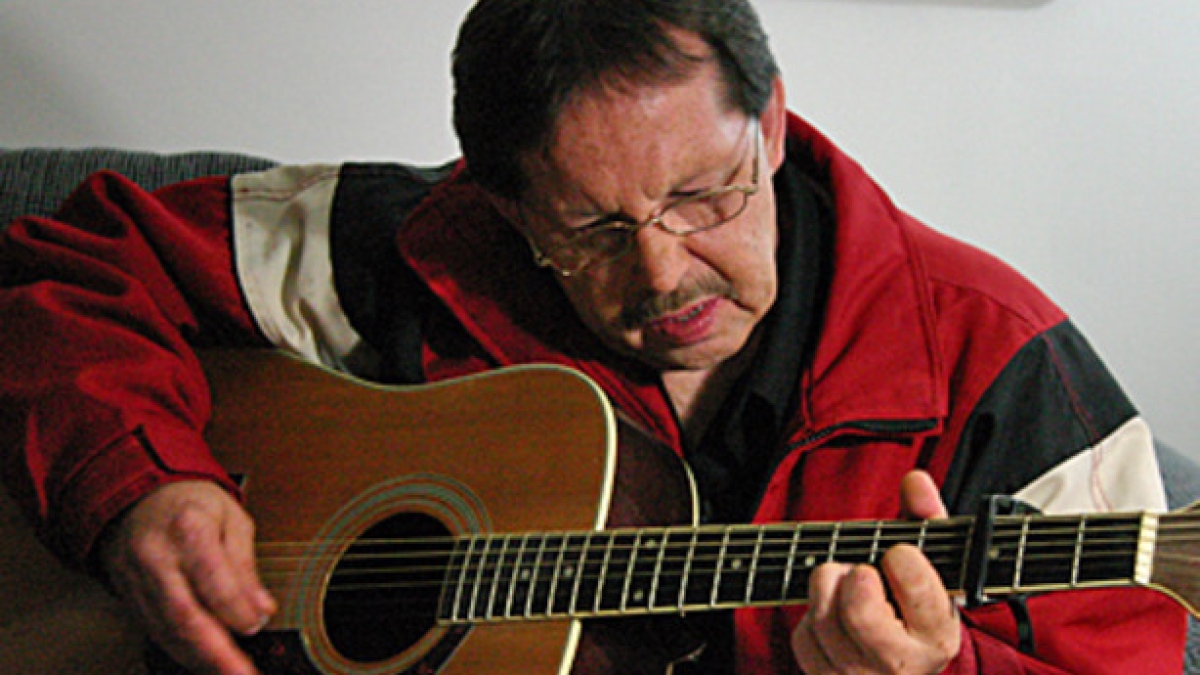
"I'm dying to know what it's like to love somebody - to know what it feels like to be wanted." - Art Corneau
So we need a documentary to break the Code of Shame. It's called A Hard Name and came out in 2009; it ran on Canadian public television. (The film is online but, unfortunately, can't be viewed in the U.S. "due to rights restrictions.") Director Alan Zweig found seven ex-prisoners - five men, two women - and just let them speak. The result was the opening of a raw wound: the public exposure of something so deeply hidden, so wrapped in cynical taboo, I could barely listen without screaming: Why?
I hadn't been aware of the film until Dave Atkins of Prison Alpha Ministry in Ottawa wrote to me about it, in response to my recent column about the Hollow Water First Nation Reserve, in Manitoba, where in the 1980s residents began addressing the hidden matter of childhood sexual abuse that was shattering their tiny community. They began talking about it publicly - they had no choice. The secret stain of it was claiming the lives of their children, who were disappearing into the void of alcoholism and drug abuse.
Burma Bushie, one of the Hollow Water residents, called it "the sacredness of a child teaching you." Some of the residents began holding peace circles and speaking publicly about the secrets of their community; the result was the spread of what became known as the restorative justice movement, in the U.S., Europe and throughout the world.
Dave Atkins, who leads a team of prison volunteers, pointed out to me that the phenomenon of childhood sexual abuse is destroying the foundation of far more than small, indigenous communities, calling it the "likely root cause of upwards of 80 percent of habitual criminal behavior" - and no one's listening.
That's the way it works in the sophisticated West. Isolation rules. We're alone with our secrets. Meanwhile, the sexual exploitation and abuse of children continues to link the generations, well beyond the edge of official awareness. Children grow up in their own personal hell. Their rage stays at perpetual simmer. They're not listened to until they commit a crime. Violence flourishes. The prisons stay full.
This is why A Hard Name matters and deserves widespread reach. It doesn't reduce the issue to cold stats or gaudy spectacle, or turn the phenomenon into a clinical diagnosis. The ex-prisoners simply talk about their lives with candor: the crimes they committed, the crimes that were committed against them. The setting is as intimate and unpretentious as someone's living room. As we listen - as the Code of Shame is broken - I could feel, as Burma Bushie put it, a sense of sacredness. They were teaching me.
"I was a little boy. At (that) age, I wanted to be loved and cared for. The way I got that was from touching and feeling and being sexually assaulted."
This is Mike Walsh's story. He was one of 16 children; his family lived in a small town in Newfoundland. When he was 5 years old, his father was killed by a drunk driver and his mother couldn't support the surviving family. The government began putting the kids in orphanages. Mike, who died two years after the documentary came out, wound up at Mount Cashel, a huge Catholic orphanage in St. John's that was shut down in 1990 when news of a massive sex-abuse scandal, long covered up, finally became public. By that time, the damage to "little Michael" had been done.
By that time he was a young man, living on his own, having been kicked out of Mount Cashel at age 17 because of his violent behavior. It was a violent place, home to about a hundred boys. They were always fighting. He'd seen fellow residents raped and abused. Then it happened to him, by the brother who ran the sports program at the orphanage.
When the Mount Cashel scandal hit the newspapers, he was horrified. "It all started coming out. This was a big secret. This was stuff you're really, really ashamed of." He was, he said, "hanging out with criminals" by that time. He had a tough guy image to maintain. The last thing he needed was disclosure that he was one of the abused. "Oh, Michael got diddled."
This is the Code of Shame that keeps humanity's dark secret alive.
"I was afraid for 11 years," he said. "Beaten half to death. Told I was nothing, you're just a little piece of shit. Constantly, every fucking day. I couldn't get enough booze in me because I hated myself so much. That was before my crimes started. . . .
"They are so stupid. They don't know they're the people who are creating us jail guys."
Art Corneau, who was raped as a boy at a training school to which he'd been sentenced, says in the documentary that he tried to commit suicide over a hundred times - and wishes he'd succeeded. "I'm peaceful when I'm unconscious."
"I ripped skin off my legs and face," he added, rolling up a pant leg, showing Alan Zweig a deeply discolored calf. "I got blood shooting from here to that door over there. I thought the veins would burst."
"How do you feel when you're doing that?" Zweig asked.
"Good," Art answered.
Art, the one who wished he could know love - who robbed banks, broke into churches, spent much of his life in prison and died earlier this year - said, "My concern is the kids that are out there (now) that are going through abuse." His hope for them is "to not be afraid, to know there is somebody they can go to.
"When I was a child, I was afraid to tell the police. Back then nobody believed in that stuff."
These are the deep stories of the human race. If we can't - at long last - hear them and honor them, we'll continue blindly reaping their consequences.
*****
Robert Koehler is an award-winning, Chicago-based journalist and nationally syndicated writer. His new book, Courage Grows Strong at the Wound (Xenos Press) is now available. Contact him at koehlercwgmail.com, visit his website at commonwonders.com or listen to him at Voices of Peace radio.
2013 TRIBUNE MEDIA SERVICES, INC.






